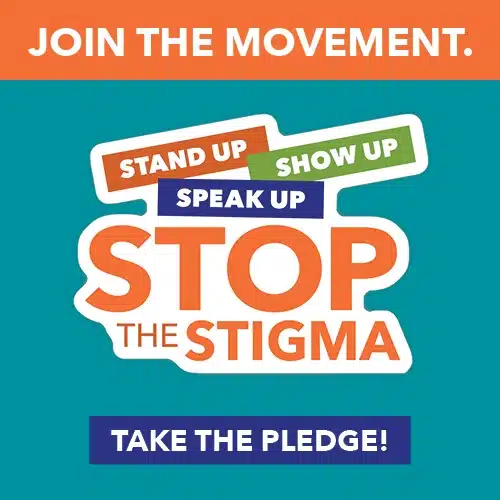This week is Random Acts of Kindness Week, a time to spread love and support to others in your life. Here at Oaks Integrated Care, we believe in supporting one another through all of life’s challenges.
Addressing the challenges of mental health and expressing concerns about a loved one’s mental health takes courage and empathy. According to Mental Health America, nearly 1 in 5 American adults will have a diagnosable mental health condition during any year of their lives. Talking to someone about it is the first step.
1. Ask open-ended, unbiased questions
Start the conversation with questions that prompt open responses, such as “How are you feeling?” and “Would you like to talk about anything?” Try not to assume that they are feeling a certain way before they share their emotions with you.
2. Listen to hear, not to respond
Let them share as much or as little as they would like with you, and repeat anything you misunderstood back to them. They may not want to discuss in-depth topics in your first conversation, so it might be best to just listen rather than diving in with your advice or opinions. They may just need you to acknowledge the validity of their feelings.
3. Have an open mind – avoid judgement
Opening up to someone is a difficult task. As a listener and supporter of your loved one, it is important to keep an open mind about their opinions. You may not always agree, but show that you understand and respect their feelings. Creating an open and healthy space for conversation can lead to a trusting relationship in the future.
4. Consider asking if or how you can help
Before you offer any assistance to your loved one, ensure that you understand their situation. Your ability to help them can depend on their circumstance. If it feels comfortable, start by reminding your friend that you care about them. Ask if there is anything you can do such as offering professional support or even just helping them talk to family or friends. Remember that it is not your decision and they might not be ready to get help just yet.
No matter how much you want to help, it’s not up to you to fix the challenges your loved one is facing. You can offer love and support while letting them know that they do not need to navigate the situation alone. Please contact our Access Center at 1-800-963-3377 to enroll or learn more about our services.










